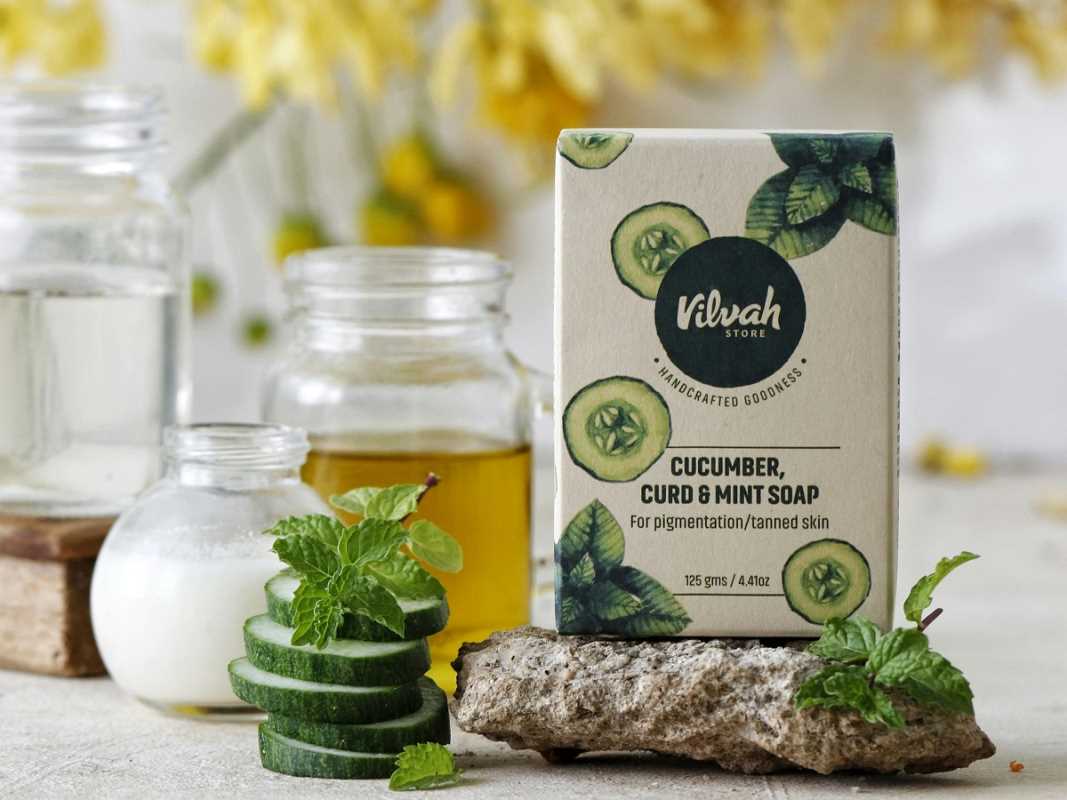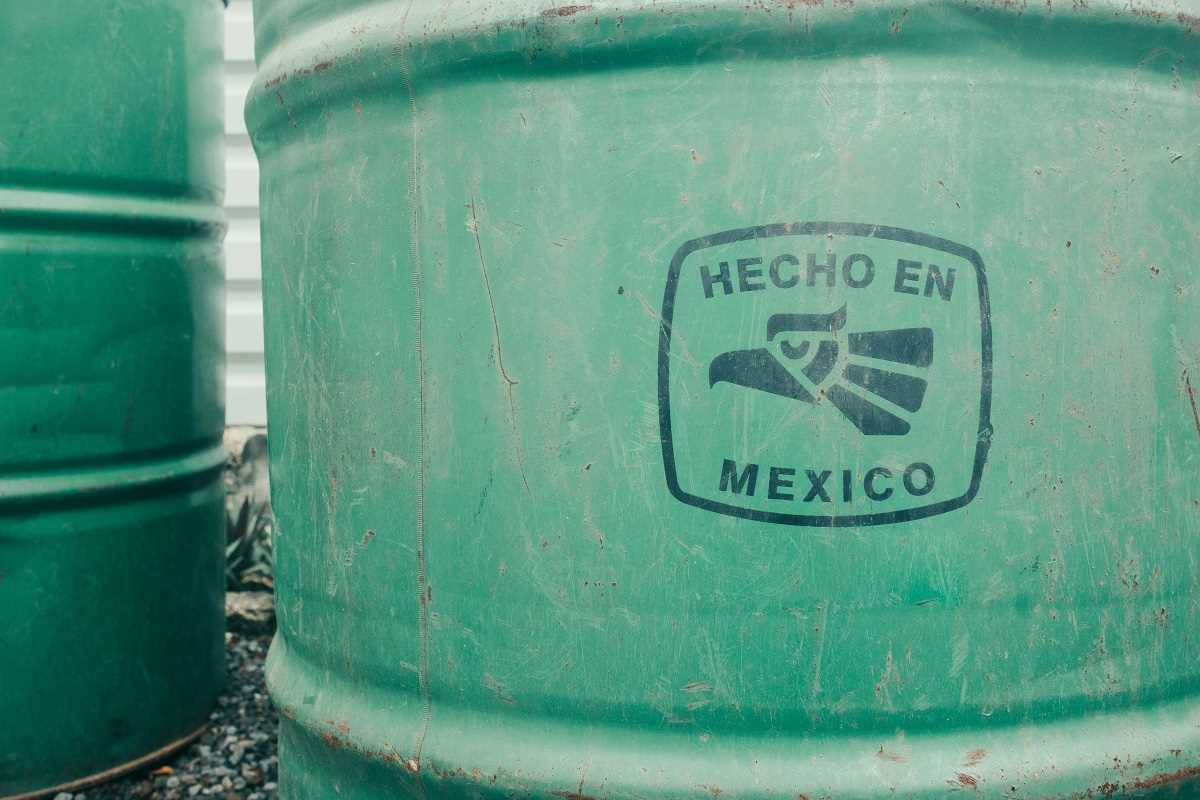Shopping ethically is about aligning your purchases with your values. It means supporting brands and products that prioritize fair trade, sustainability, and cruelty-free practices. But if you’ve been hesitant to make the switch because you’re worried about costs, don’t worry—you don’t have to break the bank to shop consciously. With a little knowledge and effort, you can find ethical, budget-friendly options that help you stick to both your values and your budget.
Whether you’re looking for food, clothing, skincare, or household essentials, this guide will show you how to make more thoughtful choices without spending a fortune.
Why Ethical Shopping Matters
Every purchase you make has an impact. Ethical shopping focuses on reducing harm to people, animals, and the environment. Here’s why it’s worth considering:
- Support Fair Labor Practices: Many big retailers manufacture products under exploitative working conditions. Ethical brands, however, pay fair wages and ensure safe environments for workers.
- Reduce Environmental Impact: Sustainable production uses fewer resources, prioritizes biodegradable or recycled materials, and minimizes waste.
- Promote Animal Welfare: Cruelty-free companies ensure that animals aren’t harmed during product testing or manufacturing.
- Empower Small Businesses: Many ethical brands are smaller companies or community-run initiatives that directly impact local economies.
Shopping with these values in mind sends a message to companies that consumers care about fairness, transparency, and sustainability.
That said, shopping ethically doesn’t always mean paying more if you know where—and how—to look.
How to Identify Ethical and Budget-Friendly Products
Finding products that are both ethical and affordable might feel tricky at first, but there are plenty of strategies to make it easier. Here’s what to watch for:
1. Look for Certifications
Certifications give you confidence that a product meets ethical standards, and they’re often an easy way to identify trustworthy brands. Common labels to look for include:
- Fair Trade Certified: Ensures fair wages, ethical working conditions, and sustainable production practices.
- USDA Organic: Products certified organic must meet strict environmental and material standards.
- Leaping Bunny or PETA-Certified Cruelty-Free: Guarantees that no animal testing occurred.
- B Corp Certification: Indicates a company meets high standards of social and environmental responsibility.
Brands that carry these certifications have already done the work of adhering to ethical guidelines, so you don’t have to spend hours researching their practices. And remember, certifications aren’t limited to high-end brands; plenty of budget-friendly companies are certified too.
2. Prioritize Second-Hand Shopping
One of the most affordable ways to shop ethically is to go second-hand. Buying pre-loved items extends the lifecycle of products and keeps usable goods out of landfills.
- Clothing: Check out thrift stores, consignment shops, or online platforms like ThredUp, Poshmark, or Depop for quality second-hand fashion at a fraction of retail prices.
- Household Items: Facebook Marketplace, Craigslist, and local flea markets are treasure troves for furniture, décor, and essentials.
- Electronics: Reputable sites like Gazelle offer refurbished tech that’s eco-friendly and wallet-friendly.
Not only will you save money, but second-hand shopping is inherently more sustainable than buying new.
3. Research Affordable Ethical Brands
More budget-conscious brands are adopting ethical practices, making sustainable options accessible for all. Here are a few examples:
- For Clothing: Brands like Everlane, Pact Apparel, and H&M Conscious offer sustainable and ethically made wardrobe staples.
- For Skincare: Look for affordable cruelty-free options, like e.l.f. Cosmetics, The Ordinary, and Pacifica Beauty.
- For Food: Store brands, like Trader Joe’s and Aldi, often carry Fair Trade Certified or organic products at reasonable prices.
By researching smaller or less-advertised ethical brands, you can find hidden gems that fit your budget without compromising on quality.
4. Shop Local
Supporting local businesses can be one of the easiest ways to shop ethically. Farmers’ markets, small retailers, and neighborhood craft fairs allow you to buy directly from producers, reducing the environmental impact of shipping while pumping money back into your community.
Local shops may not have flashy certifications, but you can often speak directly with shop owners about their products’ origins and practices. Plus, the prices at local markets are frequently more affordable than the premiums charged by bigger brands for their ethical labels.
5. Buy Less, Choose Better
While it’s tempting to buy in bulk or stockpile sales items, this approach often leads to waste. Instead, practice conscious consumerism by buying fewer, high-quality items that last longer. It’s a smarter use of your money and aligns with the principles of sustainability.
For example:
- Skip fast-fashion trends and invest in a versatile, ethically-made wardrobe.
- Choose refillable or reusable products for your household, like glass storage jars or stainless steel water bottles.
Quality items may cost more upfront, but they’ll save you money over time by lasting longer.
6. DIY and Upcycle
Another way to save money while staying ethical is to make your products at home. For example:
- Create your own household cleaners with simple ingredients like vinegar, baking soda, and essential oils.
- Upcycle old furniture by repainting or refinishing it rather than buying new.
- Sew or alter thrifted clothing if it doesn’t fit perfectly—this gives pre-loved items new life while saving you money.
DIY options encourage creativity and are a great way to avoid products made using unethical practices.
7. Use Technology for Deals
Apps and websites make it easier than ever to find ethical products on sale. Tools like Honey and Rakuten help you find discounts, while sites like Good On You rank brands based on their ethics and sustainability. These resources can help you snag deals on items you can feel good about buying.
Pro Tip: Set sale alerts for ethical brands you love. Many companies also have outlet sections on their websites, which feature deeply discounted overstock items.
Easy Ethical Swaps
If you’re transitioning to a more budget-friendly, ethical lifestyle, here are some swaps to consider:
- Coffee & Chocolate: Look for Fair Trade Certified options at stores like Trader Joe’s or Aldi, or buy in bulk online.
- Cleaning Supplies: Replace chemical-heavy cleaners with DIY solutions or products from eco-friendly brands like Seventh Generation.
- Toiletries: Brands like Dr. Bronner’s and Burt’s Bees offer cruelty-free options at competitive prices.
- Clothing: Instead of fast fashion, check out second-hand or shop from ethical basics brands like Pact or Everlane.
By focusing on small, manageable swaps, you can adapt to ethical shopping without feeling overwhelmed—or overspending.
Tips for Staying on Budget While Shopping Ethically
- Set Priorities: You don’t have to go fully ethical overnight. Start with categories or products that matter most to you, like cruelty-free skincare or sustainably grown food.
- Shop Sales: Ethical brands often have periodic sales or clearance events. Sign up for newsletters to get notified.
- Bulk Buy Smartly: While bulk buying is great for reducing costs, only stock up on staples and essentials you know you’ll use.
- Repurpose What You Already Own: Before buying new, ask yourself if the item is something you can borrow, repair, or repurpose.
- Join Ethical Communities: Online groups and forums share money-saving tips, ethical product recommendations, and even free resources like swap groups.
Shopping ethically doesn’t mean spending more—it means spending smarter.
Finding ethical and budget-friendly options for everyday products takes a little extra effort, but the benefits are worth it. It allows you to make mindful choices that align with your values, all while helping you save money in the long run.
 (Image via
(Image via




.jpg)